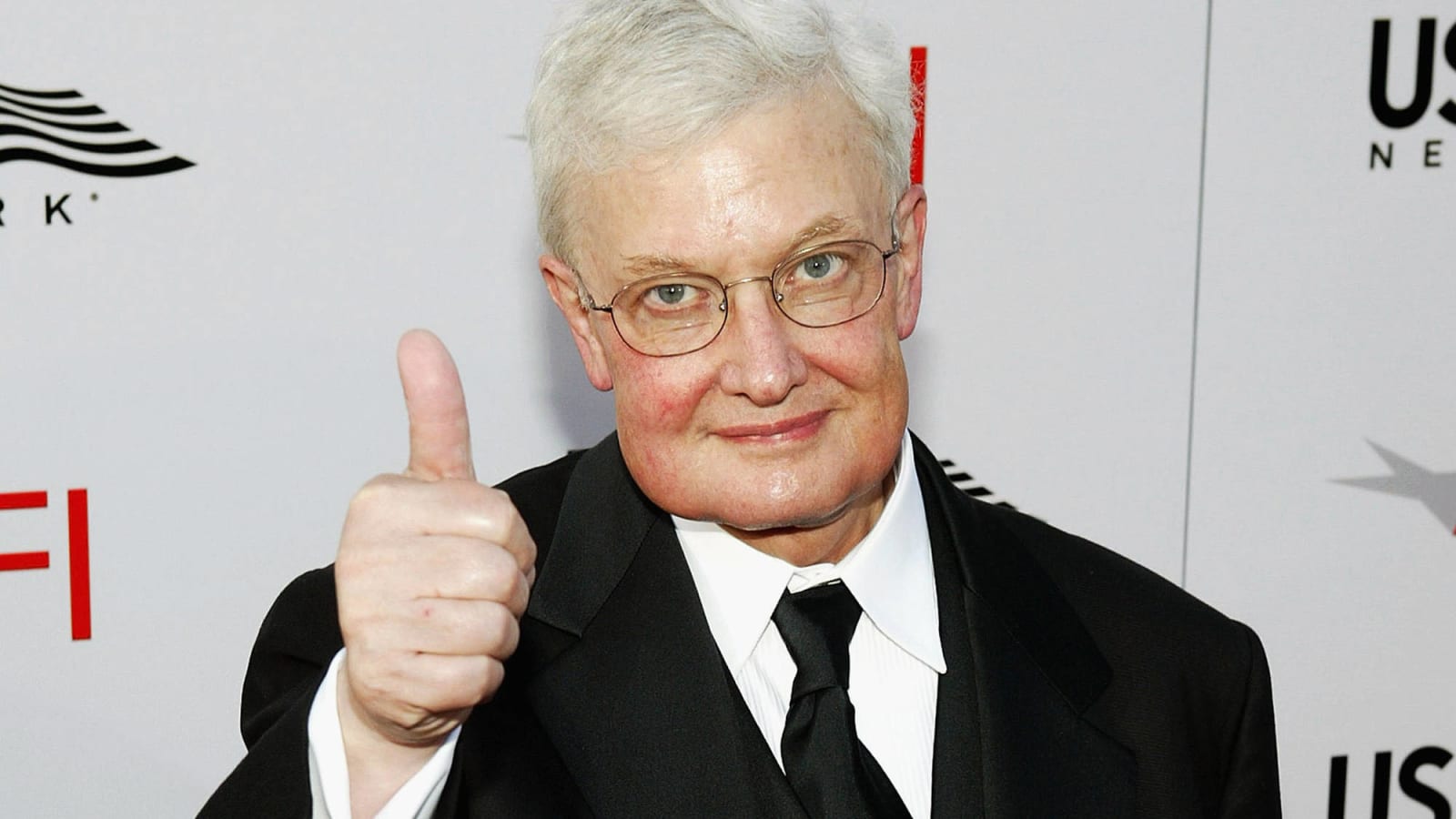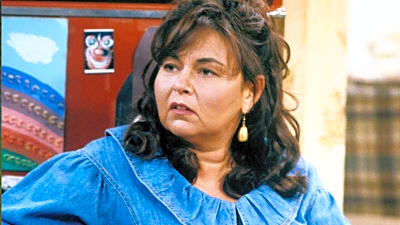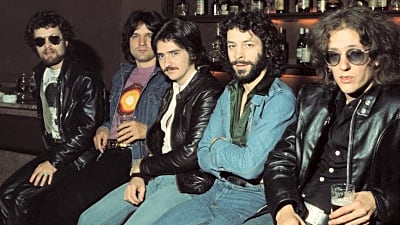
Who is the next Roger Ebert, champion of overlooked cinema?
In the preface to his collection of “Great Movies” essays, Roger Ebert proclaims, “One of the gifts a movie lover can give another is the title of a wonderful film they have not yet discovered.”
It might not often seem to be the case, but this is the impulse that drives most film buffs to become film critics. They see a life-changing piece of cinema, and are compelled to spread its gospel to the entire world. It could be the highest of high art, or something brilliantly disreputable. It doesn’t matter. They emerge from that darkened theater with a purpose, and commit to film criticism as both a career and a calling. The evangelical fervor, the unfettered excitement for the potential of the medium, leaps off the page when you’re reading Pauline Kael on “Nashville,” André Bazin on “Citizen Kane” or Ebert on “Do the Right Thing.”
Purists won’t want to hear this, but there has never been a more significant American film critic than Roger Ebert. He was staggeringly prolific as the Chicago Sun-Times’ chief film critic for 46 years, but it was PBS’ “Sneak Previews” – and, later, the commercially syndicated “At the Movies” – that brought him to national prominence. And while he could serve up a delicious pan (he published a book full of them), Ebert’s true mission as a critic was the championing of not just great movies, but great overlooked movies. Along with his Windy City bête noire Gene Siskel, Ebert would devote at least one episode a year to “Buried Treasures,” great films that slipped through the cracks for a variety of reasons – because, again, the next best thing to discovering a classic for yourself is to share that epiphany with your friends and family. Thanks to Siskel and Ebert’s efforts, idiosyncratic classics like Errol Morris’s “Gates of Heaven,” Bill Forsyth’s “Local Hero” and Steve James’s “Hoop Dreams” found their audiences.
In April 1999, two months after Siskel’s passing, this mission took on the form of Roger Ebert’s Overlooked Film Festival. It was the film buff’s dream: a personally curated celebration of underappreciated movies screened once a year in Champagne, Illinois (just a stone’s throw away from Ebert’s hometown of Urbana). And though we lost him five years ago to cancer, the rechristened Ebertfest lives on, with this year’s fourteen-film program scheduled to kick off on April 18, mixing in lesser-known Ebert faves like Martha Coolidge’s “Rambling Rose” and Julie Dash’s “Daughters of the Dust” with underrated recent films he probably would’ve loved (e.g. Kogonada’s “Columbus” and Amma Assante’s “Belle”).
As movie lovers congregate to honor the legendary critic’s memory, it’s hard not to look out over the journalistic landscape and wonder who are the Eberts of today. Are there any sage voices capable of slicing through the din of social media, review aggregators and streaming algorithms to call attention to today’s overlooked gems?
There are plenty of boldly perspicacious critics filing reviews for major outlets today, but not a single one that could self-brand a film festival and secure in-person appearances from the likes of Spike Lee, Isabelle Huppert and Guillermo del Toro. Nor is there a single writer whose upturned thumb can serve as the centerpiece of a film’s marketing campaign. Far more valuable today is a “guaranteed fresh” Tomatometer score – i.e. a majority of positive reviews from Rotten Tomatoes-approved critics.
But overwhelmingly positive critical consensus should by no means determine what films one chooses to see. Many of the movies screened at Ebertfest over the years were overlooked due to mixed reviews during their first run in theaters (e.g. Brian De Palma’s “Blow Out,” del Toro’s “Crimson Peak” and Norman Jewison’s “Only You”). And even if a majority of reviewers don’t come around on a movie over time, that doesn’t mean it can’t end up being one of your all-time favorites.
That’s where individual voices matter. Finding a knowledgeable critic whose sensibility jibes with your own is a great way to get turned on to weird or obscure titles that might get lost in the aggregator shuffle. As for who that critic might be, that’s a trial-and-error process that requires a lengthy trial and, most likely, a whole lot of error. But popular critics like Manohla Dargis, A.O. Scott, Alison Willmore, Matt Zoller Seitz and Amy Nicholson didn’t get popular because they’re frequently full of hooey.
Film criticism has always a labor of love. It is a fervid means of connection, a mash note to the projected pleasures that take us out of this mean old world for a couple of hours. The best of it reveals the best of us. It’s a glorious gift, a precious commodity in any era, and it’s never been more essential.
More must-reads:
- Legend has it: The 20 greatest mythology-based TV shows
- Would 'Indecent Proposal' move the needle 25 years later?
Customize Your Newsletter
 +
+
Get the latest news and rumors, customized to your favorite sports and teams. Emailed daily. Always free!







